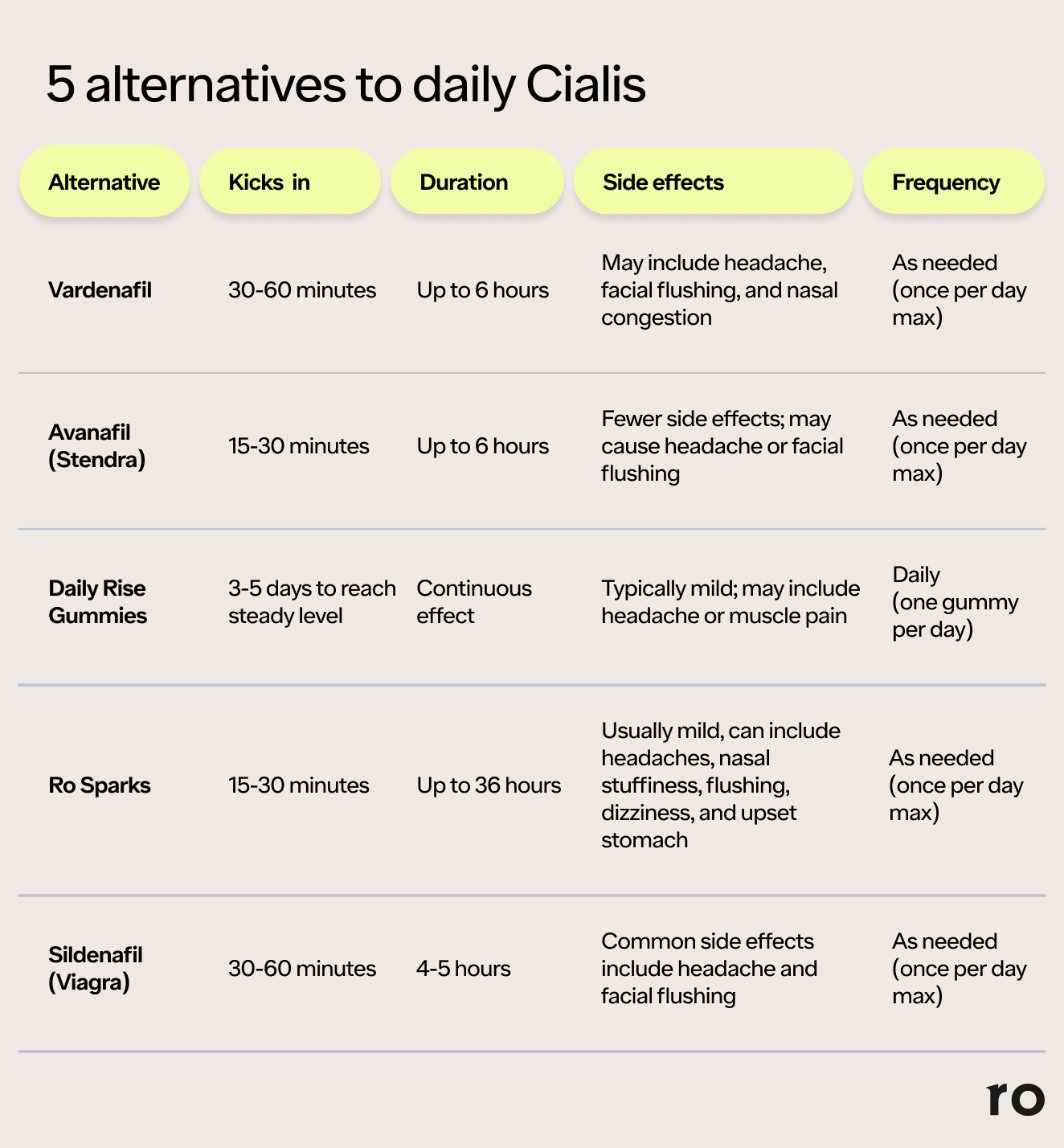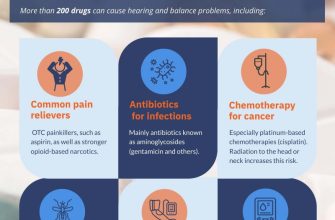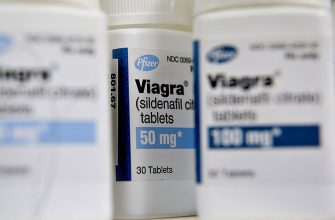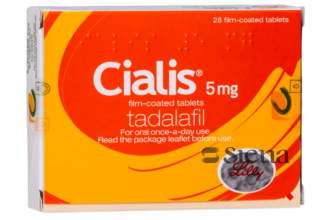The maximum recommended dose of Cialis is 20mg per day. Exceeding this amount doesn’t necessarily enhance effectiveness and can increase the risk of side effects.
Remember, individual responses to medication vary. Factors like age, overall health, and other medications you’re taking influence how your body processes Cialis. Always discuss your specific circumstances with your doctor before adjusting your dosage.
Common side effects, even at the recommended dose, include headache, muscle aches, and flushing. If you experience severe or persistent side effects, seek immediate medical attention. Your doctor can help determine if Cialis is the right treatment for you and adjust the dosage accordingly, if necessary.
Note: This information is for general knowledge and does not constitute medical advice. Always consult a healthcare professional for personalized guidance regarding Cialis or any medication.
- Cialis Dose Maximum: A Comprehensive Guide
- Understanding the Recommended Cialis Dosage
- Dosage for Benign Prostatic Hyperplasia (BPH)
- Important Considerations and Potential Side Effects
- Cialis Dosage Table:
- Individualized Treatment
- The Maximum Recommended Dose of Cialis
- Risks Associated with Exceeding the Maximum Cialis Dose
- Factors Influencing Cialis Dosage
- Your Medical History Matters
- Response to Treatment
- Alternatives to Cialis and Dosage Considerations
- When to Consult a Doctor About Cialis Dosage
Cialis Dose Maximum: A Comprehensive Guide
The maximum recommended dose of Cialis is 20mg per day. Exceeding this amount doesn’t necessarily lead to enhanced effects, and can increase the risk of side effects.
Consider these factors before taking Cialis:
- Your health status: Pre-existing conditions like heart problems or liver/kidney disease can influence the appropriate dosage. Consult your doctor for personalized advice.
- Other medications: Some medications interact negatively with Cialis. Inform your doctor of all medications you’re taking.
- Age: Dosage adjustments might be necessary for older adults.
Common side effects include headache, flushing, nasal congestion, and indigestion. More serious side effects, though rare, include vision changes and hearing loss. Seek immediate medical attention if you experience these.
Cialis comes in different forms: daily and as-needed. The daily dose is typically lower (2.5mg or 5mg) for continuous erectile dysfunction treatment. The as-needed dose (up to 20mg) is taken before anticipated sexual activity.
- Never exceed the prescribed dose.
- Follow your doctor’s instructions carefully.
- Report any concerning side effects to your healthcare provider.
This information is for guidance only and doesn’t substitute professional medical advice. Always consult your doctor or pharmacist before starting or changing any medication, including Cialis. They can assess your individual needs and determine the safest and most effective dosage for you.
Understanding the Recommended Cialis Dosage
The recommended starting dose of Cialis for erectile dysfunction is 10 mg taken as needed, at least 30 minutes before sexual activity. This dose may be increased to 20 mg or decreased to 5 mg based on individual response and tolerance.
Dosage for Benign Prostatic Hyperplasia (BPH)
For treating BPH symptoms, the typical Cialis dose is 5 mg taken once daily. This is a different dosing regimen than for ED. Your doctor will determine the appropriate dosage for your specific needs.
Important Considerations and Potential Side Effects
Cialis’s effects can last for up to 36 hours, hence the nickname “the weekend pill.” However, this doesn’t mean you should take it more frequently. Always follow your doctor’s instructions. Common side effects include headache, flushing, nasal congestion, and indigestion. More serious side effects are rare but warrant immediate medical attention.
Cialis Dosage Table:
| Condition | Usual Starting Dose | Maximum Dose | Frequency |
|---|---|---|---|
| Erectile Dysfunction | 10 mg | 20 mg | As needed |
| Benign Prostatic Hyperplasia (BPH) | 5 mg | 5 mg | Once daily |
Individualized Treatment
The information provided here is for general knowledge. Your doctor will personalize your Cialis dosage based on your medical history, other medications you are taking, and overall health. Always discuss potential side effects and any concerns with your healthcare provider before starting or changing your medication.
The Maximum Recommended Dose of Cialis
The maximum recommended dose of Cialis is 20 mg once daily. This applies to both daily and as-needed use. Exceeding this dose won’t necessarily improve results and may increase the risk of side effects.
For daily use, a lower dose, such as 5 mg or 10 mg, may be sufficient. Your doctor will determine the appropriate dose based on your individual needs and health condition.
Remember, always follow your doctor’s instructions. They can adjust your dosage depending on your response to the medication and any side effects you experience. Never alter your dose without consulting your physician.
If you experience side effects, such as back pain, muscle aches, headaches, or flushing, contact your doctor immediately. They can help manage these side effects or adjust your treatment plan.
Always discuss any other medications you are taking with your doctor before starting Cialis, to minimize potential drug interactions.
Risks Associated with Exceeding the Maximum Cialis Dose
Never exceed the prescribed Cialis dosage. Taking more than the recommended amount significantly increases your risk of adverse effects.
- Severe Headache: Higher doses can cause intense headaches, sometimes requiring medical attention.
- Low Blood Pressure: Overdosing may lead to a dangerous drop in blood pressure, potentially causing dizziness, fainting, or even more serious cardiovascular complications.
- Back Pain: While back pain is a known side effect, it’s amplified at higher doses.
- Muscle Pain: Similar to back pain, muscle aches become more pronounced with increased dosage.
- Nasal Congestion: A stuffy nose can worsen significantly.
- Heart Problems: Exceeding the maximum dose can strain your heart, especially if you have pre-existing cardiovascular conditions. This risk includes increased heart rate and chest pain.
- Vision Changes: Blurred vision, changes in color perception, or even temporary vision loss are possible at higher doses.
- Hearing Problems: In rare cases, high doses have been linked to temporary or permanent hearing loss.
These are not all possible side effects. If you experience any unusual symptoms after taking Cialis, seek immediate medical help.
- Always follow your doctor’s instructions carefully.
- Never share your medication with others.
- Inform your doctor about all your medical conditions and medications. This includes over-the-counter drugs, supplements, and herbal remedies.
- Store Cialis as directed. Keep it away from children and pets.
Remember, your health is paramount. Ignoring dosage recommendations puts your well-being at risk. Consult your doctor if you have any questions or concerns about Cialis or its usage.
Factors Influencing Cialis Dosage
Your doctor determines your Cialis dosage based on several key factors. Individual health conditions significantly impact the prescribed amount. For example, those with liver or kidney problems may require a lower dose due to slower drug processing. Similarly, individuals taking certain medications, especially those affecting the liver or kidneys, might need dosage adjustments to avoid harmful interactions.
Your Medical History Matters
Pre-existing conditions like heart disease or high blood pressure influence Cialis dosage. A lower starting dose is often recommended for men with these conditions to minimize the risk of side effects. Your age also plays a role; older men might benefit from a lower dose due to age-related changes in metabolism. The severity of erectile dysfunction itself also influences dosage; a milder case might respond well to a lower dose than a more severe one.
Response to Treatment
Your body’s response to Cialis is a crucial factor. If a low dose proves ineffective, your doctor may increase it gradually, monitoring for side effects. Conversely, if side effects are prominent, a dosage reduction is necessary. Always discuss any side effects with your physician immediately. They will help adjust the dosage for optimal efficacy and safety.
Alternatives to Cialis and Dosage Considerations
Consider Tadalafil (generic Cialis) as a cost-effective alternative. Its dosage mirrors Cialis, ranging from 2.5mg to 20mg, depending on individual response and physician recommendations. Always follow your doctor’s instructions meticulously.
Another option is Vardenafil (Levitra). Available in 2.5mg to 20mg tablets, Levitra offers a slightly faster onset of action compared to Cialis, but its duration might be shorter. Discuss its suitability with your healthcare provider.
Avanafil (Stendra) presents a quick-acting alternative, ideal for those needing rapid results. However, its duration of effect might be shorter than Cialis or Levitra. Dosage typically starts at 50mg. Consult your physician for personalized guidance on appropriate dosage.
For men with certain health conditions, such as heart disease, your doctor might suggest alternative treatments, potentially including lifestyle modifications or other medications. These choices will depend entirely on your individual medical history and current health status.
Remember, adjusting dosage without medical supervision is dangerous. Always discuss any changes with your doctor before altering your medication regimen. They can assess your specific needs and adjust your treatment plan accordingly to ensure safety and efficacy.
When to Consult a Doctor About Cialis Dosage
Schedule a doctor’s appointment if you experience side effects like headaches, back pain, muscle aches, flushing, nasal congestion, or upset stomach. These are common, but persistent or severe side effects warrant medical attention.
If Cialis doesn’t improve your erectile dysfunction, or if you notice a decrease in its effectiveness, discuss this with your physician. They can assess your condition and potentially adjust your treatment plan.
Talk to your doctor if you have heart problems, low blood pressure, or a history of stroke. Cialis can interact with certain medications, so full disclosure is crucial for your safety.
Always consult your doctor before combining Cialis with other medications, especially nitrates or alpha-blockers. Dangerous interactions can occur.
If you have kidney or liver disease, inform your doctor before taking Cialis. Dosage adjustments may be necessary based on your specific health conditions.
If you experience sudden vision loss or hearing loss, seek immediate medical attention. These are rare but serious side effects that require prompt medical intervention.
Regular check-ups with your doctor are recommended, especially if you’re taking Cialis long-term, to monitor your health and ensure the medication remains safe and effective for you.








